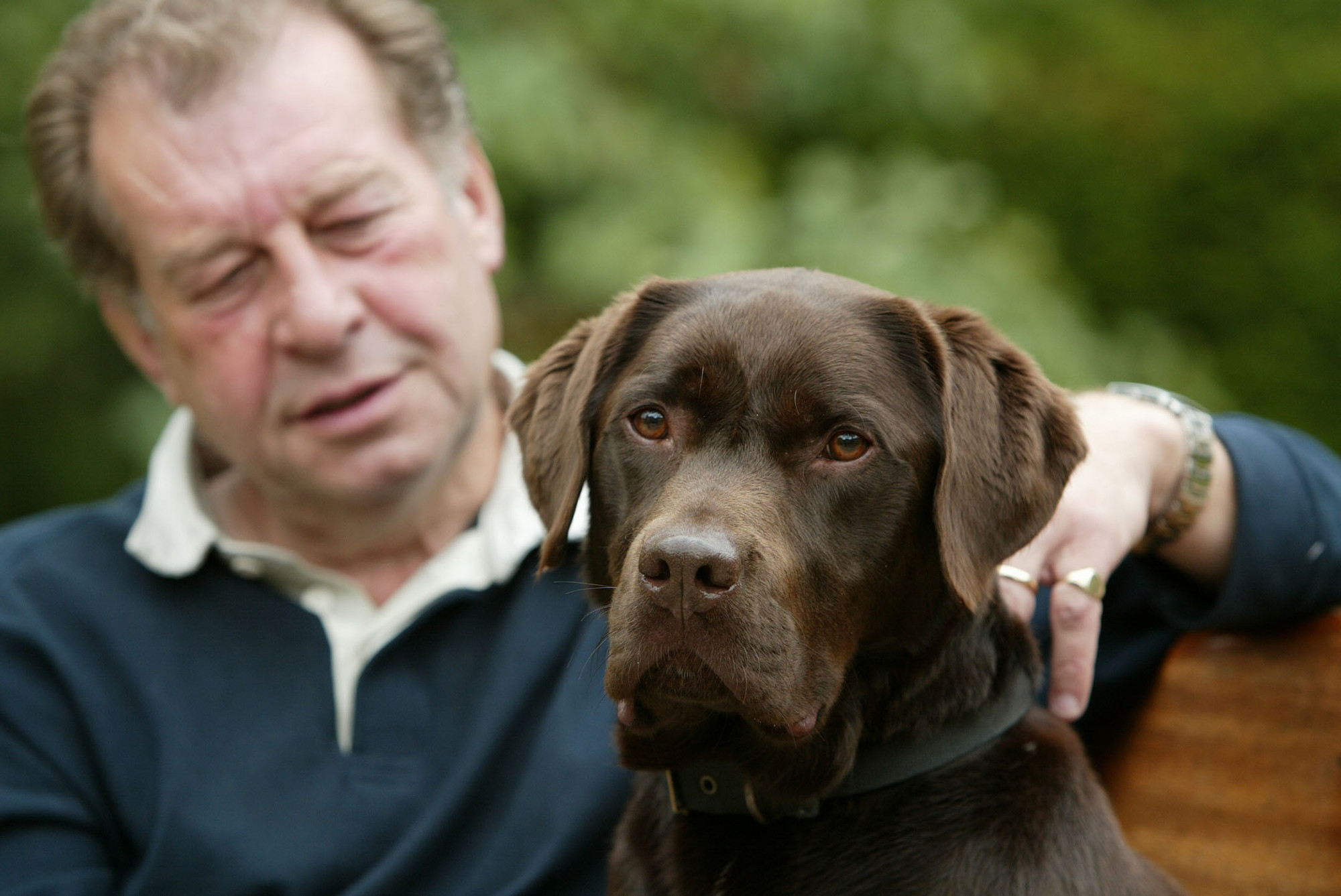
Adult dog care
In recent years there have been remarkable advancements in veterinary medicine. Vets can now improve the health and welfare of dogs in ways which would have been unimaginable only a few years ago. However, these veterinary advances can be expensive, and dogs are living longer than ever before.
Health
All dogs – of whatever age – benefit from regular check-ups at the vet. Vaccinations require regular boosters, so this is a good time to have your dog checked over. The vaccinations – against distemper, parvovirus, hepatitis and leptospirosis – are important, so it is essential to ensure they are kept up to date. Your vet will provide details of any regular boosters that are required.
If you notice any symptoms of illness, take your dog for a check-up promptly. As animals age, they exhibit a range of signs – stiffness after rest, loss of hearing, diminishing eyesight, poor appetite. Most of these are straightforward and nothing to worry too much about, but it is best to get them checked.
If your dog experiences a loss of appetite, or starts to drink excessive amounts, then you must take the animal to a vet as soon as possible.
Dental problems are also common with dogs, so keep an eye on teeth and gums, and look out for signs of problems such as redness, inflammation and plaque. If you see any of these, take your dog to the vet to be checked. Chews and strong toys can help prevent dental problems, and canine toothpaste and brushes are available from your vet. Regular brushing helps enormously.
Ear problems can also be common. If you notice a smell, inflammation, wax or discharge, or if your dog is shaking his head a lot, consult your vet promptly.
Worms – roundworms and tapeworms – also require regular preventative treatment. Although there are many treatments available to combat them, it is best to consult your vet for advice on the most effective ones available. Regular treatment every three months is usually recommended, especially as there is a small risk of passing roundworms to humans.
Even clean dogs can pick up fleas and, once your dog has them, they can be difficult to get rid of. They can breed in bedding or in your carpets and furniture, so it is wise to treat your dog regularly with a preventative obtained from your vet. Do not leave it until you actually see fleas on your dog – by then it may be difficult to get rid of them!
Exercise
As dogs age they naturally require less exercise than when young, but this does not mean you should ever stop walks altogether. Your dog will be able to tell you when enough is enough, so watch for signs of tiredness while you are out together. Exercise is an essential part of looking after your dog – keeping the animal fit, interested and preventing boredom. Without exercise a dog may become bored and this can lead to chewing and other behaviour issues.
Play is also an important part of a dog’s life, so make sure there are plenty of toys and plenty of opportunities to play with members of the family. However, dogs must also have their own space, so make sure your pet is not disturbed when asleep, and that children in particular know not to encroach on the sleeping area.
Training
A well trained dog is a much better companion than an untrained one. There are many training classes available, so talk to your vet or dog warden about local classes. Remember training does not stop at the classroom door – the practice you do at home and on the street is important. If for any reason you are ever unable to look after your dog, a poorly trained dog can face an uncertain future.
Grooming
A smooth-coated dog will require at least weekly grooming – a rough or long-coated dog will need more. Your dog must see grooming as fun and not as punishment, so always approach it as a positive way to bond. Have the correct equipment, and do pay attention to areas such as the tummy and between the hindlegs, which can easily be neglected. While you are grooming your dog, you can also check the skin for lumps and bumps, and look in the ears and mouth. Contact your vet if you find anything unusual.
Identification
If you rehome a dog from a rescue organisation such as Blue Cross, it is likely the animal will already have a microchip. Remember, if you move house, inform the chipping company or they will be unable to contact you, should the need arise.
Insurance
As veterinary costs can be quite high, pet insurance is a good way to provide peace of mind. There are many policies available, so do your research to find one that suits you. They do not cover routine treatments, such as vaccinations or worming, but will cover unexpected costs.
Pay careful attention to the small print. It’s essential to get insurance whilst your pet is healthy, as pre-existing conditions are excluded. Lifetime insurance may be worthwhile, as some 12-month policies will exclude conditions for which a claim has been made when the policy comes up for renewal. Don’t forget to look at the “excess” (the amount of each claim which you have to pay), and do shop around before buying.
Further information
The following leaflets may be useful.




